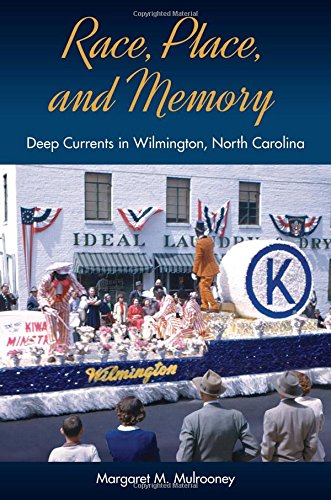

Most ebook files are in PDF format, so you can easily read them using various software such as Foxit Reader or directly on the Google Chrome browser.
Some ebook files are released by publishers in other formats such as .awz, .mobi, .epub, .fb2, etc. You may need to install specific software to read these formats on mobile/PC, such as Calibre.
Please read the tutorial at this link: https://ebookbell.com/faq
We offer FREE conversion to the popular formats you request; however, this may take some time. Therefore, right after payment, please email us, and we will try to provide the service as quickly as possible.
For some exceptional file formats or broken links (if any), please refrain from opening any disputes. Instead, email us first, and we will try to assist within a maximum of 6 hours.
EbookBell Team

0.0
0 reviewsA revealing work of public history that shows how communities remember their pasts in different ways to fit specific narratives, Race, Place, and Memory charts the ebb and flow of racial violence in Wilmington, North Carolina, from the 1730s to the present day.
Margaret Mulrooney argues that white elites have employed public spaces, memorials, and celebrations to maintain the status quo. The port city has long celebrated its white colonial revolutionary origins, memorialized Decoration Day, and hosted Klan parades. Other events, such as the Azalea Festival, have attempted to present a false picture of racial harmony to attract tourists. And yet, the revolutionary acts of Wilmington's African American citizens--who also demanded freedom, first from slavery and later from Jim Crow discrimination--have gone unrecognized. As a result, beneath the surface of daily life, collective memories of violence and alienation linger among the city's black population.
Mulrooney describes her own experiences as a public historian involved in the centennial commemoration of the so-called Wilmington Race Riot of 1898, which perpetuated racial conflicts in the city throughout the twentieth century. She shows how, despite organizers' best efforts, a white-authored narrative of the riot's contested origins remains. Mulrooney makes a case for public history projects that recognize the history-making authority of all community members and prompts us to reconsider the memories we inherit.